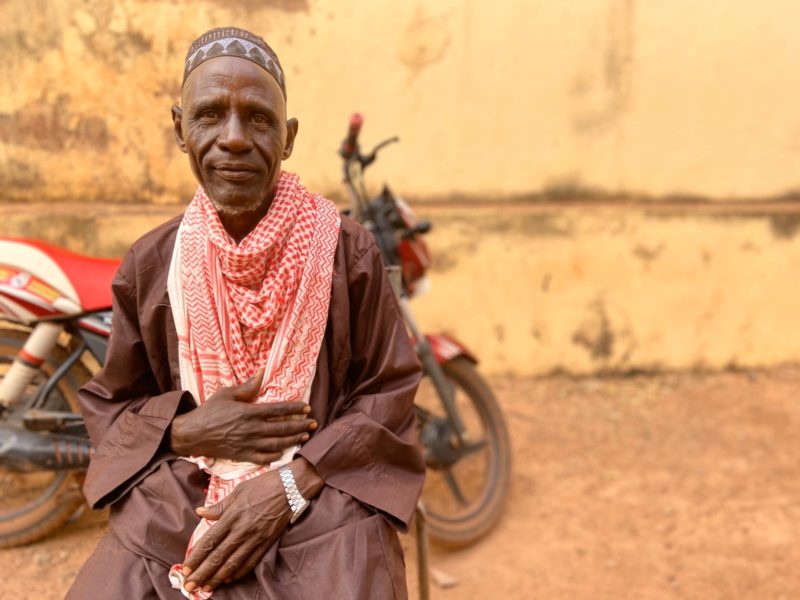
Subscribe to CCP's monthly newsletter
Receive the latest news and updates, tools, events and job postings in your inbox every month
In sub-Saharan Africa, according to the World Bank, one in every 37 pregnant women dies from a pregnancy-related complication, compared with one in 7,800 in high-income countries such as Australia and New Zealand.
The United Nations tell us that the total number of children under five who died in 2018 was 5.3 million, down from 12.5 million in 1990. But, on average, that still means 15,000 young children died every day.
CCP understands that behind each statistic are individuals and families, which is why we are so committed to improving maternal and child health around the world.
We take what we learn from communities in hard-hit regions and work with them to make change: To develop tools to enable health care providers to deliver respectful maternity care and promote equitable access to safe obstetric services, to highlight the benefits of prenatal care appointments and immunizations for young children and appropriate nutrition for babies and toddlers, and to understand the causes of preterm births, the leading cause of infant mortality in every country worldwide.
In the United States, where Black women are three-to-four times more likely to die giving birth than white women, CCP is confronting this truth: it is racism, not race, that is killing America’s Black mothers and babies. Facing deeply rooted, longstanding racial and reproductive inequalities, CCP is working in partnership with several Baltimore-based organizations to advance the movement for racial and birth justice to save lives.
It’s only through this kind of work that can we create a world where mothers and babies have a chance to not only survive, but to thrive.
In some parts of Nigeria, as few as 15 percent of pregnant women receive prenatal care before giving birth, which puts them and their babies at risk. And, on average throughout Nigeria, nearly six in 10 women give birth at home instead of health facilities, another factor that can leave them vulnerable to severe complications and death.
As part of its wide-ranging Albishirin Ku (Glad Tidings) campaign to improve maternal and child health, CCP’s Breakthrough ACTION-Nigeria project created a game that’s played on a basic mobile phone, where callers win points for their mastery of important health and social concepts like identifying when to visit a health facility. An added benefit of this entertainment education approach: Women tend to be far more engaged with maternal and child health content, but the gaming component has attracted a large number of men to become involved.
Receive the latest news and updates, tools, events and job postings in your inbox every month